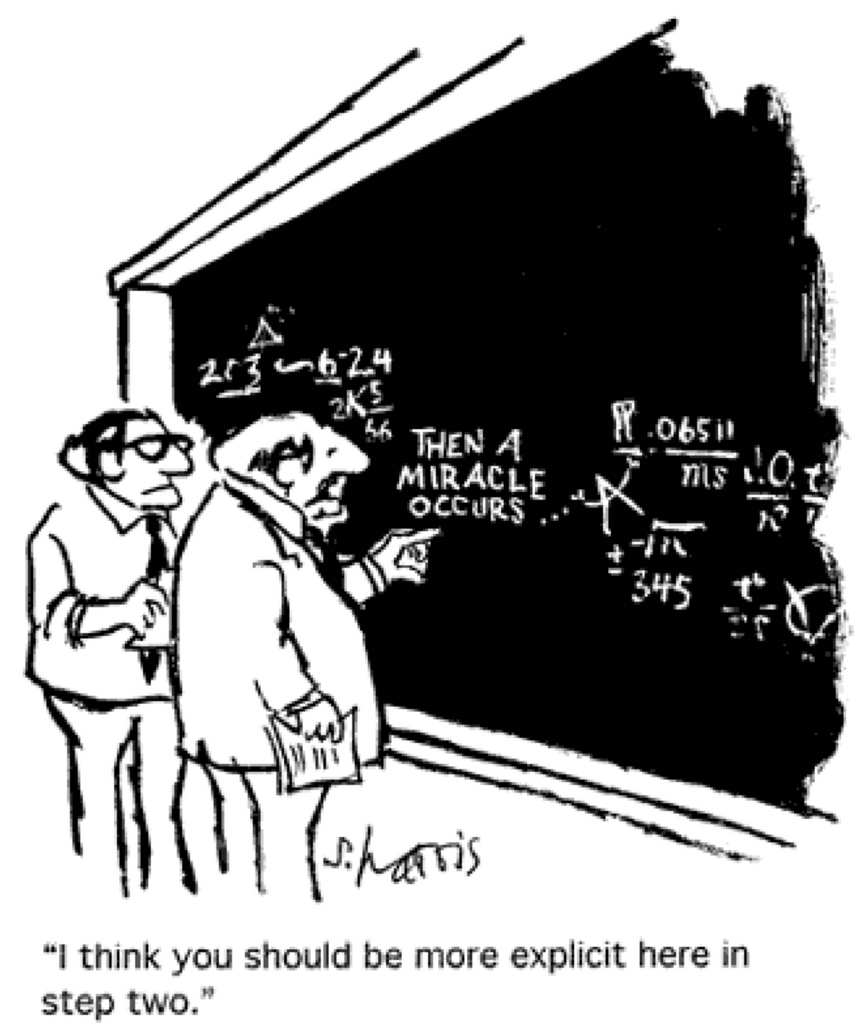Chris Stedman, author of Faitheist: How an Atheist Found Common Ground with the Religious, will be presenting at an event at Salt Lake Community College this Thursday. The topic, Building Bridges Across Religious Differences, presented from the perspective of an atheist, intrigues me. Making plans to attend, I found myself browsing through some of my own recent notes on the topic, where I made the following observation:
One evening several months ago, I was visiting with some of my family. The discussion briefly turned to the topic of evolution, and how simply impossible it is to imagine the evolution of something as incredibly complex as the human eye, for example, let alone the evolution of life in all its many forms, etc. Although I was in the middle of making my way through Richard Dawkins’ The Blind Watchmaker for a second time, I chose to remain quiet, rather than attempt to derail the conversation in an effort clarify that the process of evolution actually makes logical sense. Frankly, I feel ill prepared to try to explain or defend the process of cumulative selection over single step selection. At the time I did not feel inclined to engage the conversation, but I now I feel like it was a missed opportunity. I have a somewhat educated understanding of the process and I think it is a valuable study.
I take no issue with the sentiment that “an atheist before Darwin could have said ‘I have no explanation for complex biological design. All I know is that God isn’t a good explanation, so we must wait and hope that somebody comes up with a better one.’” (The Blind Watchmaker, pg 6). Not because I don’t believe in God, I just believe, like Dawkins, that things should have good explanations.
How can someone be blamed who chooses not to believe in God by observing the open ridiculousness on display exhibited by His followers?
Dismissing an argument simply because we don’t know and can’t explain it (as Neil deGrasse Tyson would say) is simply being lazy.
Dawkins addresses attempts by those with an agenda who try to smuggle divine creation in the back door:
“Instead of a single, once and for all creation in the Garden of Eden, many Victorians thought that the deity had intervened repeatedly, at crucial points in evolution. Complex organs like eyes, instead of evolving from simpler ones by slow degrees as Darwin had it, were thought to have sprung into existence in a single instant. Such people rightly perceived that such instant ‘evolution’, if it occurred, would imply supernatural intervention… For Darwin, any evolution that had to be helped over the jumps by God was not evolution at all. It made a nonsense of the central point of evolution.” (ibid, pg 248-249)
If one is trying to explore a deeper awareness of nature and seeking to confirm their understanding through observable science, it would be counterproductive, not to mention lazy, to dismiss the unexplainable gaps by simply filling them in with “That’s one of the mysteries of God we’re not meant to know”. If Alma (from the Book of Mormon) is to be believed, there are no mysteries that we are not meant to know (see Alma 12:9-11).
When one is sincerely looking for an answer, dismissing the question with a lazy “don’t worry about it”, “it doesn’t matter” or “because I said so” isn’t good enough. That’s not how God responds. God encourages us to “reason together” (Isa 1:18) and promises if you lack wisdom He gives liberally (James 1:5).
Did Galileo use God as the explanation for why he thought planets revolved around the sun, or did he dig deeper trusting in math and calculations to form his ideas and then seek evidence to support it? Did Marie Cuire and her husband Pierre, use God as the explanation behind the mystery of radiation, or did they explore deeper using the scientific method to further inform their research? Did Albert Einstein use God as the means to explain speed and time or did he explore deeper to come up with the Theory of Relativity? There are those who have considered each of these examples inspired, possibly even guided by God, to come up with these discoveries to benefit mankind. Why fault Darwin for doing the same thing?
